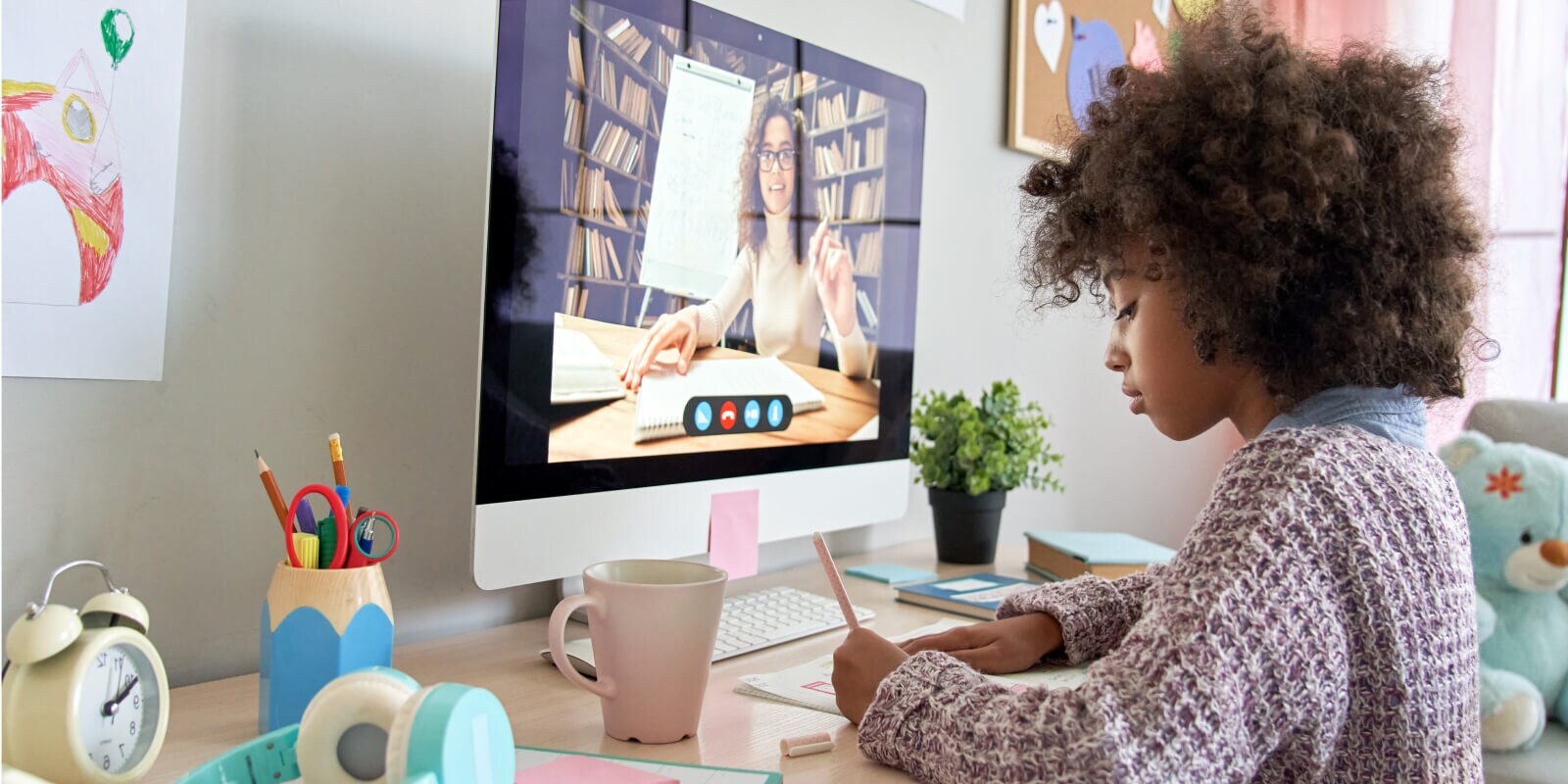PreK-12 Education
Resources for PreK-12 learners

Virtual Schools
Empower students to reach their highest potential with full-time, flexible online learning solutions.

K-12 Online Schools
Helping school leaders provide K-12 online and blended learning solutions for their communities

Academic support programs
Harness the power of elearning to accelerate students' progress and improve their success

K-12 Academic & CTE
Personalized and engaging online learning leads to future success
Ideas from our community
Teaching & learning blog
Join the conversation and stay informed about the latest trends, perspectives, and successes in PreK-12 education.
PreK-12 education events
Join us at these events or watch our on-demand, recorded webinars to gain ideas and insights and get inspired
